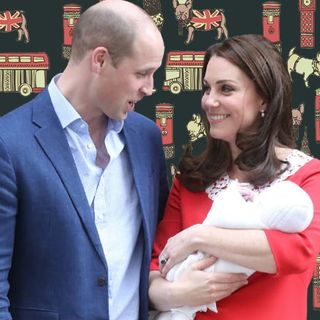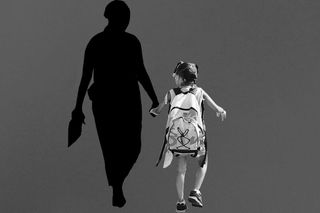
“When I’m With Children, I Feel a Little Bit More Happy.”
A nanny from Assam shares her story.

I’m from Assam. In my house, there were lots of problems. I had to do something, work. Because my mom and my father were in accident, so if I was not working, there was no food in the house – it was like this.
I started working when I was 12 years old. I came to Mumbai. I worked for two years as a nanny, and then I went back home. I went with my friend. In my friend’s village, all the girls were working in Goodknight company. I heard that it was good, and then I went there. I worked with them two years there.
[I was] just packing. Checking and packing. It was not helpful for my family. The money was small. I was working there for two years in that company. I was 13, between 13 and 14. The money was not enough to give my family, or myself, anything.
Then, in my village, there was one uncle. He helped me there, to come to Mumbai again. So I came with him back to Mumbai. I was 16 at that time.
I cried so much, because I had to stay so far from my family. I was missing them. And that time, nobody had phones or anything. The village also no have phone. I couldn’t talk to them. Like six months later, one post would come from my mother. We could talk like this only. We did letters. It was very hard, very difficult.
When I was working, and my uncle was living here in Mumbai, then they sent me to Goa to work a house as a nanny. And [I had to do] all the work, all the house cleaning and cooking. It was very hard. They were very bad people. I couldn’t rest, any single minute. I couldn’t stand to the side, they made me keep working. I was very stressed.
They had a small forest – they planted coconut trees, and flowers, and others like that. When all the housework I finished, they wanted me to clean the jungle. With my hands! It was full of mosquitos.
I said, “So much mosquitos biting me, now it’s so dark. I’ll clean tomorrow.” They said, “no, you have to finish this.”
Before that, I was working in a Slovakian family. They were very good. I was working with them for three years. And then later I came to an Indian family, and they were Gujarati. They were also good.
I got married also. I was married. I think I was 17. I was in Goa. Everything was good. Three years we were together. Later we went home, to his house. Everything was good, family, everything was very happy. Suddenly, something happened. He is now no more. He passed away. I was 22 years old at the time.
It was very difficult. I got married, I thought suddenly it’s a little bit good, everything is happy, everything was so good… No. It was more hard. It was very hard. I kept crying for like, four years – I couldn’t stop. I had to start working again.
I like to be with children because all the tension I feel, everything… when I’m with children, I feel a little bit more happy with them. So I like children.
With children, I’m always reminding them to finish their food. But their mother-father, with them they’re more playful. They’re not telling them to finish their food. [The child is] finishing their food after just three-four bites [and the parents say] “it’s okay, she had enough.” They feel like this. And then I feel, no, they don’t have enough food. I feel like this: I like to feed everybody more.
Now I am 28 years old. I don’t have children. Now it’s easier [to be a nanny], yes. I can talk to my mom. Now the most important is my mom. Now my father is no more. She also broke her hand, and she couldn’t do work, anything. We are calling and talking like this, to ask her how she is, how she’s doing.
This interview has been condensed and edited for clarity. As told to Urvija Banerji.
The Home Makers is a series that explores the untold stories of the home, the experiences of the people who complete and care for it. These accounts are often anonymous in order to protect the privacy and livelihoods of individuals who share intimate details of their work and lives.
Related


Thousands of Popular Kids’ Apps Collect, Share Children’s Personal Data
